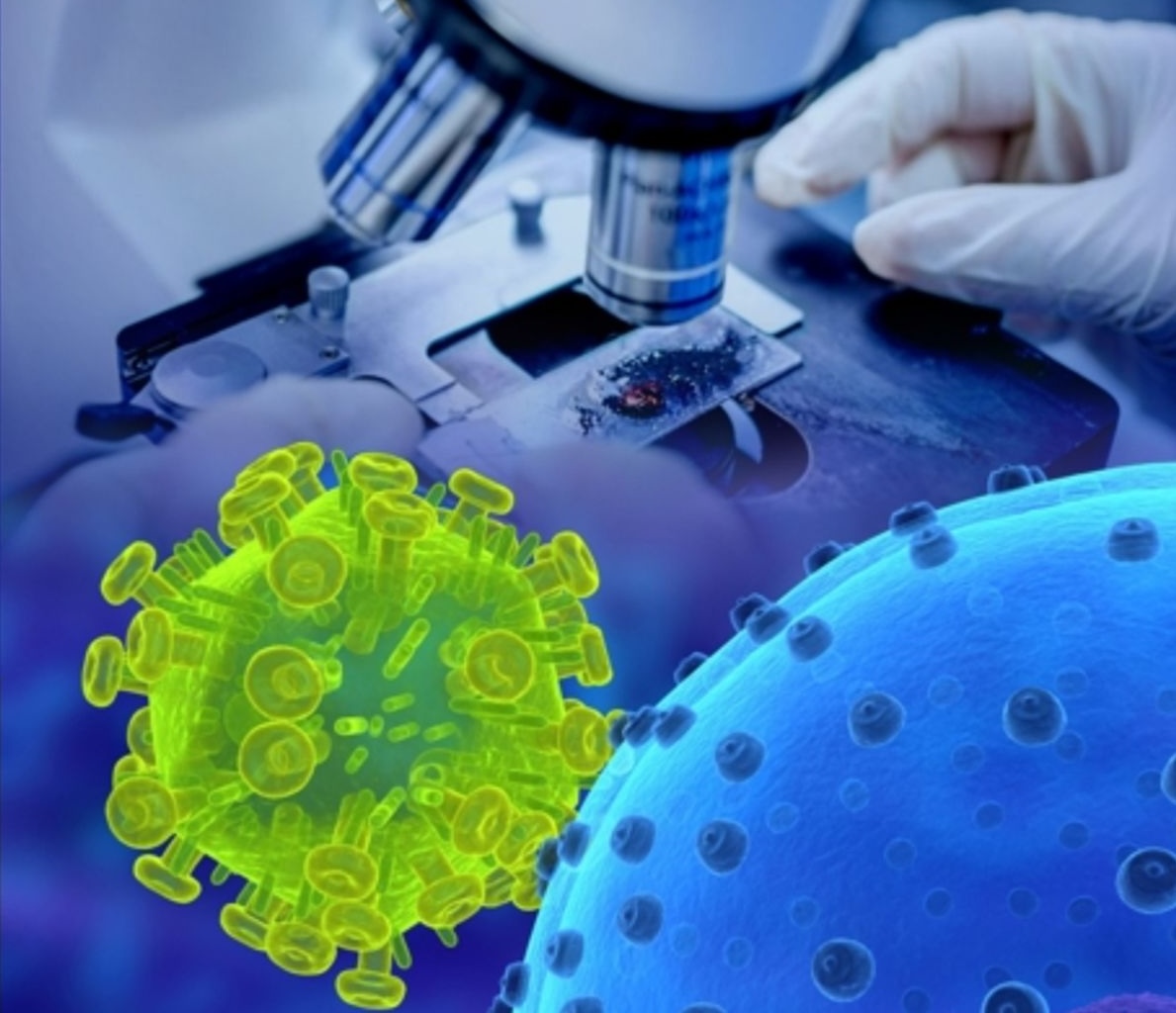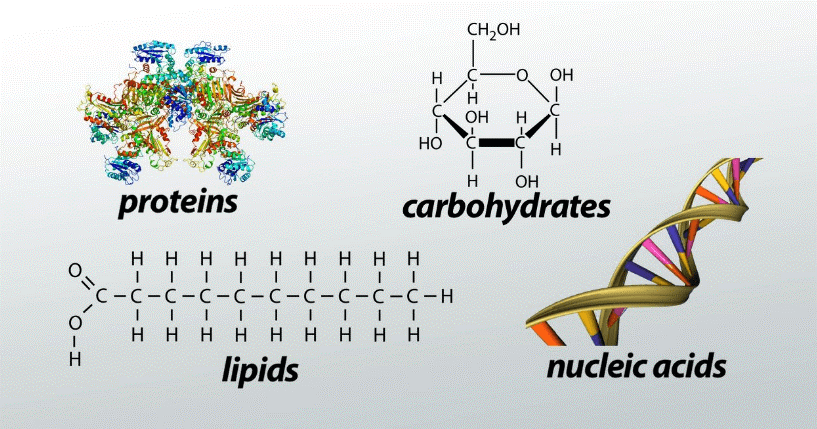Sciences Alimentaires

This course provides an introduction to the fundamental concepts and analytical methods used in immunological analysis.
At the end of this course, students will be able to:
• Define essential immunological terminology.
• Explain the principles underlying major immunological techniques.
• Differentiate between analytical methods based on their mechanisms, sensitivity, specificity, and applications.
- Enseignant: METCHAT Fatima-Zahra

Structural biochemistry is a branch of biochemistry that focuses on the study of the molecules that make up living organisms, with particular emphasis on their structure. It is well established that living organisms are primarily composed of three major categories of biomolecules: lipids, carbohydrates, and proteins. This discipline aims to understand how these molecules are structured, how they interact with one another, and how their structure influences their biological function. This course, designed for second-year students in the common core of the Food Sciences program, introduces the fundamental concepts of the chemistry of life. It enables students to develop a solid understanding of the structure and physicochemical properties of the three major cellular components: proteins, carbohydrates, and lipids.
- Enseignant: Menacer Amel
La cytogénétique est l'étude des phénomènes au niveau de la cellule, particulièrement au niveau des chromosomes
- Anomalie de structure et nombre de chromosomes
- Anomalie lors de la disjonction des chromosomes
- Enseignant: CHABANE Dalila
Le cours de module de Microbiologie Générale est réparti en 6 chapitres qui rapportent les informations de base relatives aux principales branches de la microbiologie à savoir la bactériologie, la mycologie et la virologie.
Le premier chapitre comporte un aperçu sur l’historique et la place des microorganismes dans le monde vivant. Les bactéries ont été abordées dans 4 chapitres (chapitre 2, 3 et 4) en donnant des informations relatives à la structure de la cellule bactérienne, la classification, la nutrition et la croissance des bactéries. Les informations données dans ces chapitres permettent d’acquérir une bonne base en bactériologie générale.
Des informations sur la morphologie, la taxonomie et la classification des champignons et des virus ont été données dans le sixième chapitre.
Dr Tafifet Lamia, responsable de la matière.
- Enseignant: TAFIFET Lamia
